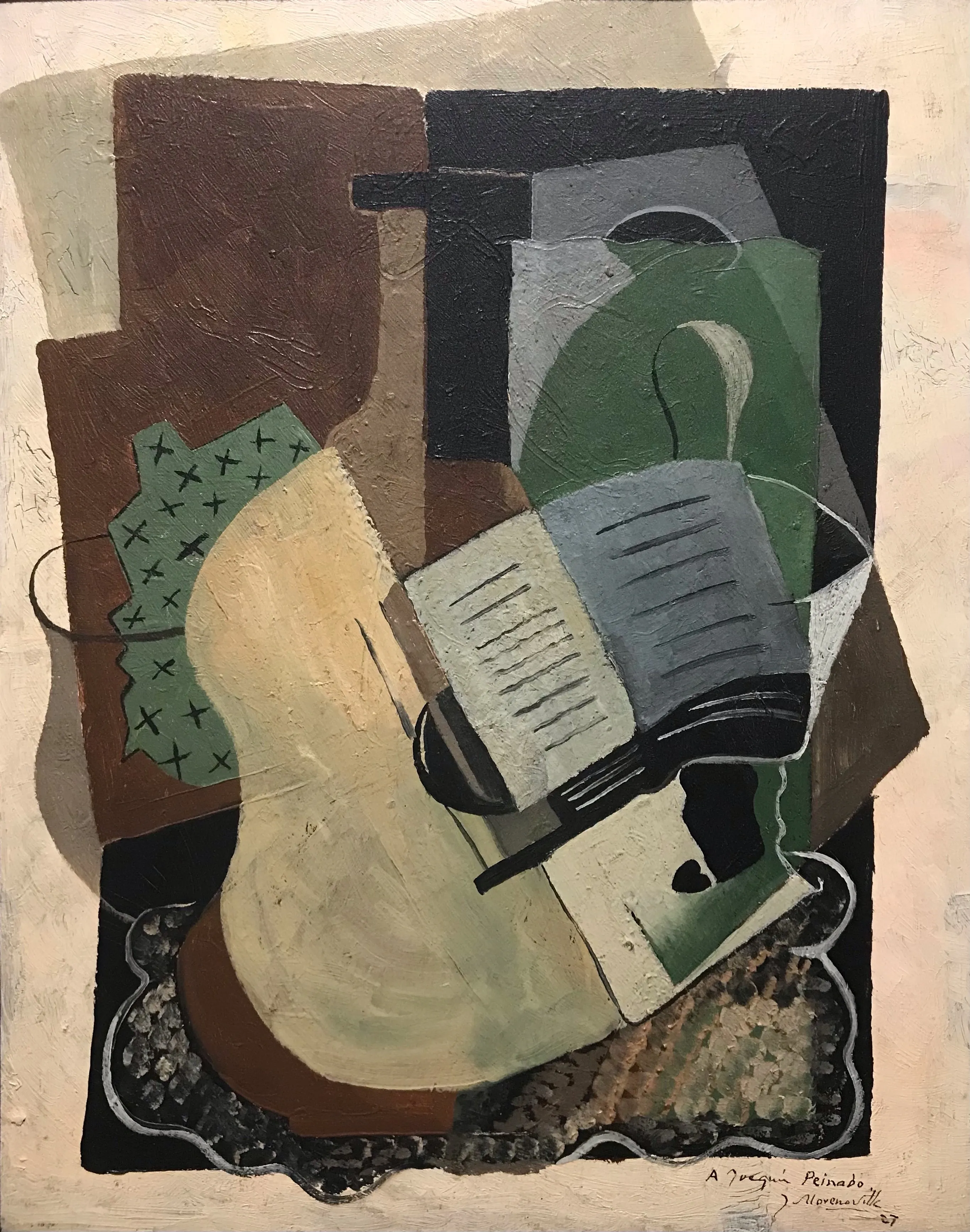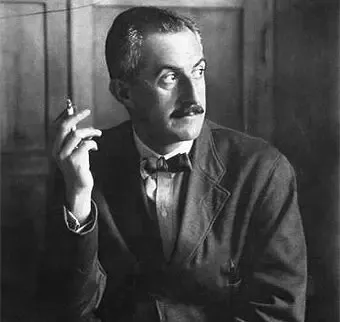José Moreno Villa (Málaga, Spain, February 16, 1887 - Mexico City, April 25, 1955) was a Spanish archivist, librarian, poet, columnist, critic, art historian, documentalist, draftsman and painter.
He was born into a family of the Malaga bourgeoisie dedicated to international trade and conservative ideology.
Back in Madrid, he collaborates with the Institución Libre de Enseñanza, frequents the Student Residence and makes friends with Alberto Sánchez Pérez and Benjamín Palencia;
From his work as a historian specialized in art and in charge of archives, he contributed to the investigation of the Spanish artistic heritage and to the dissemination of modern architecture that began to take place in Spain from the 1920s;
In 1921 he worked as a librarian at the Jovellanos Institute in Gijón, he prepared the Catalog of drawings of said institution and translated from German the one by Heinrich Wölfflin, Fundamental Concepts in the History of Art (Espasa-Calpe, 1924), shortly before said work, the Calleja publishing house published his book on Velázquez (Moreno Villa selected all the publications on art from the Calleja publishing house, in Madrid, in the period 1916 to 1921).
He arrived in Mexico on May 7 of that year, he worked classifying paintings of National Assets, he also gave lectures and participated with drawings and paintings in various exhibitions held during 1937 and 1938. He joined La Casa de España in Mexico, which began its activities in 1938 and in January 1939 he married Consuelo Nieto, widow of Genaro Estrada.
His commitment to the Second Spanish Republic led him to go into exile, first in the United States and then in Mexico where, as he himself admits, his production was 'Mexicanized'.
selected works

Composición cubista
1997
Oil on board tabla (41x32)
